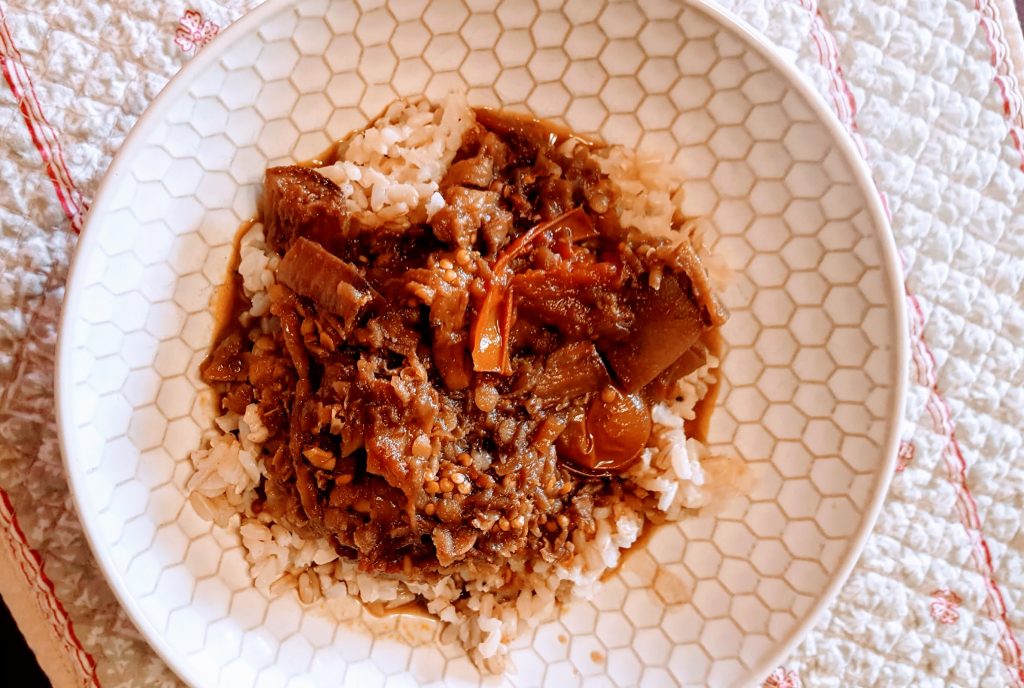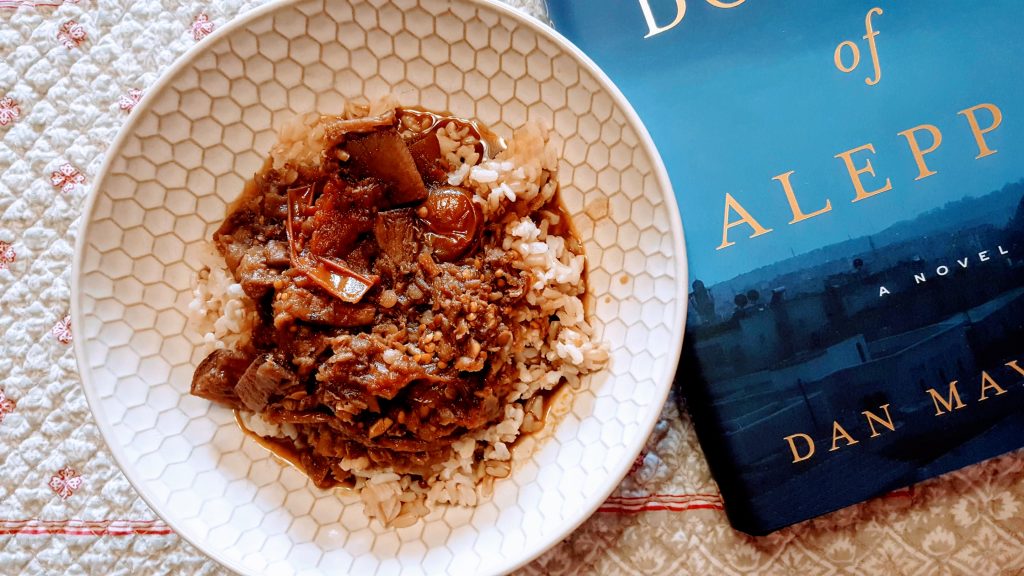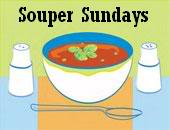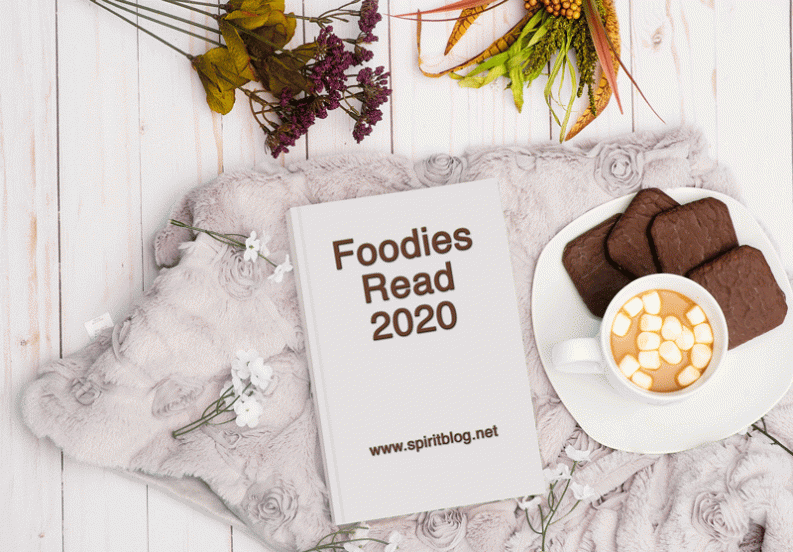 The book was presented to me as “an emotional wartime mystery/romantic suspense title written with some of the epic WWll stories of love, tragedy, and redemption in mind, and applied to themes of war in Syria. Someone who loves to be both emotionally and intellectually engaged would enjoy this book. It has drawn comparisons to A Constellation of Vital Phenomena by Anthony Marra.” I received a free copy for an honest review.
The book was presented to me as “an emotional wartime mystery/romantic suspense title written with some of the epic WWll stories of love, tragedy, and redemption in mind, and applied to themes of war in Syria. Someone who loves to be both emotionally and intellectually engaged would enjoy this book. It has drawn comparisons to A Constellation of Vital Phenomena by Anthony Marra.” I received a free copy for an honest review.About the book:
In The Doctor of Aleppo, Dan Mayland, author of the bestselling Mark Sava spy novel series, pairs a thriller writer’s sensibilities with a gripping account of good people cruelly trapped in somebody else’s war.
”In The Doctor of Aleppo, Dan Mayland lends a human face and a compelling story to a tragedy too large and complicated for most of us to understand. A harrowing and unforgettable read.” –Dana Haynes, author of St. Nicholas Salvage & Wrecking
”Dan Mayland’s Doctor of Aleppo grips you from the start. His keen storytelling lends insight into war and its brutality through this tale of hope and redemption.” –Judy A. Bernstein, author of Disturbed in Their Nests
”Dan Mayland’s The Doctor of Aleppo turns an unflinching gaze on the reality of modern warfare, fought in neighborhoods rather than a battlefield, where today’s ally is tomorrow’s enemy, and people struggle against all odds to maintain their humanity. A thriller that breaks your heart as it rockets toward its stunning conclusion.” –Gwen Florio, author of Silent Hearts.
Purchase Links
Amazon | Books-A-Million | Bar
Connect with Dan
Website | Facebook
About the author:
 Dan Mayland is the author of the Mark Sava spy series and The Doctor of Aleppo, novels informed by his long love of history and experiences in the Caspian Region and Middle East. While Azerbaijan was a particular focus beginning in 2005, Mayland also conducted research in Iran prior to the 2009 uprising, in Bahrain shortly after the eruption of the Arab Spring, in Georgia’s Pankisi Gorge in 2013, on the Turkey-Syria border after the fall of Aleppo, and more recently in refugee camps on the island of Lesbos, Greece. In these places and others, Mayland has interviewed diplomats, spies, doctors, protestors, aid workers, refugees, and anyone else who will talk to him.
Dan Mayland is the author of the Mark Sava spy series and The Doctor of Aleppo, novels informed by his long love of history and experiences in the Caspian Region and Middle East. While Azerbaijan was a particular focus beginning in 2005, Mayland also conducted research in Iran prior to the 2009 uprising, in Bahrain shortly after the eruption of the Arab Spring, in Georgia’s Pankisi Gorge in 2013, on the Turkey-Syria border after the fall of Aleppo, and more recently in refugee camps on the island of Lesbos, Greece. In these places and others, Mayland has interviewed diplomats, spies, doctors, protestors, aid workers, refugees, and anyone else who will talk to him.
In addition to writing novels, Mayland is a geopolitical forecaster. He stumbled upon this role in 2014 when he was invited to participate in research being funded by the Office of the Director of National Intelligence (ODNI). After his probabilistic forecasts over nearly two hundred geopolitical questions proved to be more accurate than ninety-nine percent of other research participants, including those of trained intelligence analysts, Mayland was asked to participate in additional research—in which his forecasts proved to be equally accurate. As a result, he now forecasts professionally for Good Judgment Inc., a firm which claims, with ample justification based on their work with the ODNI, to be “the world’s most accurate geo-political and geo-economic forecasting entity.” In that capacity, Mayland provides granular-level insight into specific geopolitical issues—the war in Syria included—for nonprofit, private, and government organizations. Mayland’s analyses of Middle Eastern issues have been translated into Arabic for Middle Eastern clients.
Raised in New Jersey, Mayland received a degree in history from Dartmouth College and after graduating, began writing novels. After detouring into real estate to pay the bills, he resumed writing nearly full time and now lives in Pennsylvania with his wife and two children, in an old stone farmhouse he and his wife have restored. He enjoys mountaineering, climbing, skiing, camping, reading, and spending time with his family.
What I thought:
If I revisit the above teaser that was sent to me describing the book, I would have to say that the “romance” is secondary. The plot revolves around Hannah, an American aid worker with a dual Syrian passport; Oskar, her Swedish boyfriend; and Sami, the Doctor of Aleppo. Most of the narrative is from Hannah and Sami’s points of view. War and destruction are the primary focus.
As mentioned in the blurb, there are some Les Misérables similarities with Rahim, a member of the regime’s secret police. Because of his own loss, he feels bent on a violent revenge. Without giving too much away, there’s also a glimpse of A Tale of Two Cities.
I enjoyed this book and marveled at Hannah’s resilience and dedication. I never did get a true feeling about Hannah’s causes though. Was she really trying to fight the good fight or was she just drifting and trying to escape her life in New Jersey? Her caring of Sami’s children and her resiliency made up for this lack of characterization. Perhaps Mayland intended to keep the motivations and characterizations a bit vague to keep the real meat of the book at the forefront: war is hell.
I would definitely recommend this book. There are lessons to be learned. Honestly, this is a five star review!
The food:
Even if there’s an inordinate amount of food in a novel, if I deem it “serious” or if it has a dark plot, it’s hard for me to focus on it. I did love, however, Hannah’s inventiveness. She created “Bulgar Spaghetti” as one of the first meals she cooks for the children.
There is a surprising lot of food in the novel and I ended up making a list nonetheless:
- Turkish delight and sugar-coated chickpeas (6)
- lamb meatballs in labenieh soup (30)
- Cola Turka (31)
- Leek and Chicken Stew (48)
- pistachio karabii (49)
- bread, eggs and olives (77)
- quince and pomegranate stuffed kibbeh patties (89)
- bitter figs (90)
- coffee (103)
- flatbread, yogurt and fresh cucumbers (114)
- fig, lemon, olive and orange trees (89 and 135)
- sweetened cherry juice ( 135)
- sugared black tea stirred with cinnamon sticks (139)
- baby eggplants drizzled with pomegranate molasses (139)
- flatbread and lukewarm yogurt (143)
- ginger tea (151)
- French fries, fava beans and chocolate (162)
- almond shortbread biscuits (187)
- bulgur and cauliflower (202)
- bulgur spaghetti (206)
- flatbread (207)
- pistachio ka’ak pastries (210)
- white clay plot-fermented kvevri wine from Georgia (216)
- stuffed grape leaves, stuffed intestines, stuffed eggplant (228)
- bread, cheese, dried apricots (242)
- tomatoes, cauliflower, potatoes, green beans, cabbage, chicken, lamb, eggs, cumin, tahini, oranges, pomegranate, grapefruit juice, rosemary syrup, jelly beans (243)
- lamb stew with a sauce of sour cherries (245)
- flatbread, white cheese, and apricot jam (250)
- tomatoes, green beans, potatoes (254)
- sugar-coated fennel seeds (265)
- garlic hummus (280)
- giant purple eggplant (304)
- Kanafeh cheese pastry (306)
- green olives, red pepper and lemon appetizer (316)
That is a lot of food, especially during the last part of the novel when Aleppo turns into a food desert.
We’ve been eating a lot of eggplant lately (from the garden) so I was intrigued by the “baby eggplant drizzled with pomegranate molasses.” I wanted something for a meal so I landed on Eggplant & Tomato Stew With Pomegranate Molasses even though it is a Farsi dish. I thought that Hannah and the children might be able to harvest eggplant and tomatoes from their rooftop garden and cook up this vegetarian stew for dinner, even during the hard times.
Eggplant Tomato Stew with Pomegranate Molasses
Start this dish early because the staggered cook times will eat up your “quick dinner” prep. Please note that the original recipe calls for split peas. I used red lentils because that’s what I had on hand. I’ve notated other changes below.
Ingredients
- 2 pounds Japanese eggplant, peeled and diced
- Sea salt
- 5 tablespoons grape seed oil
- 1/2 cup split peas (I subbed in red lentils and pre-cooked them.)
- 8 cups water (for the split peas)
- 1 yellow onion, thinly sliced
- 4 medium to large tomatoes, coarsely chopped (I used halved cherry tomatoes from the garden.)
- 1/2 teaspoon turmeric
- 1/2 teaspoon ground cinnamon
- 1/4 cup pomegranate molasses
- 3 cloves garlic, minced
- 4 cups vegetable or chicken stock, boiling (To keep this totally veg, I used the vegetable stock.)
- Freshly ground black pepper
Instructions
- Preheat the oven to 425° F. Line a baking sheet with parchment paper.
- Spread the eggplant on the prepared baking sheet. Sprinkle with 1 teaspoon salt and 1 tablespoon of the oil. Bake for 40 minutes, stirring gently every 10 minutes to prevent sticking. When the eggplant is completely soft, let it cool to room temperature.
- While the eggplant cooks, combine the split peas with the water in a saucepan. Bring to a boil, then turn down the heat and simmer, covered, for about 40 minutes, until the peas are tender. Drain and season with 1 teaspoon salt.
- Heat the remaining 4 tablespoons oil in a Dutch oven or a large, deep skillet over medium-high heat. Add the onion and cook for 10 minutes, until it starts to darken, then cook slowly over low heat for about 30 minutes, until it is dark brown and about half its original volume. Add the eggplant, tomatoes, turmeric, cinnamon, pomegranate molasses, garlic, split peas, and 1 teaspoon salt. Add the stock and bring to a boil, then lower the heat and simmer, partially covered, for 1 hour. Uncover and simmer for 15 minutes, until the stew is thick. (Since I used pre-cooked lentils, I threw them in at the last minute so they wouldn’t be overcooked.)
- Turn off the heat and let the stew rest for 15 to 30 minutes. Season with salt and pepper and serve.
Yield: 4
Prep Time: 30 mins.
Cook time: 2 hours
Total time: 2 1/2 hours
I served it over brown rice. It was delicious. I may be in love with pomegranate molasses. 🙂 Since it made four servings and I stretched it with the rice, I froze the rest. I can’t wait to try this again this fall. 
Please check out all the tour stops for The Doctor of Aleppo. The author does a very insightful guest post here where he discuss the fragility of life and our current times.
I’m also linking up with Kahakai Kitchen’s Souper Sunday…
and Weekend Cooking...
and Foodies Read.

That’s lots of food for a wartime story…the stew looks delicious and I love esp. that you used Japanese eggplants in the recipe.
Five stars, I love it!! And the stew looks incredible. That’s a combination of ingredients I never would have thought of! Thanks so much for being on the tour.
Thanks, Lisa. I think we’re going to hear great things about this book.
Using your garden produce in such a creative way is really great! The novel sounds like a good read.
be well… mae at maefood.blogspot.com
I would recommend this book!
Love the sound of the book and the food you listed – wow! I’ll have to get this one on my list. Eggplant is always a winner for me, it’s one of my favorites. Not so much for my husband so I have to make it only once in awhile.
Oh, I am trying to get a copy of the book for CtBs and particpate this time. Sounds good.
Yeah, I have to sneak in eggplant, too. I hope you get a copy of Recipe for a Perfect Wife soon and can make the CTB round!
[…] Monday, August 17th: Eliot’s Eats […]
I have an eggplant, some tomatoes and the pomegranate molasses….I see this as tomorrows Meatless Monday meal. Thanks Debra.
The book sounds really good and your stew looks amazing. Thanks for sharing it with Souper Sundays this week! 😉
Oh, my goodness! I can’t wait to track down that book…and try your recipe. Yum.
[…] Monday, August 17th: Eliot’s Eats […]